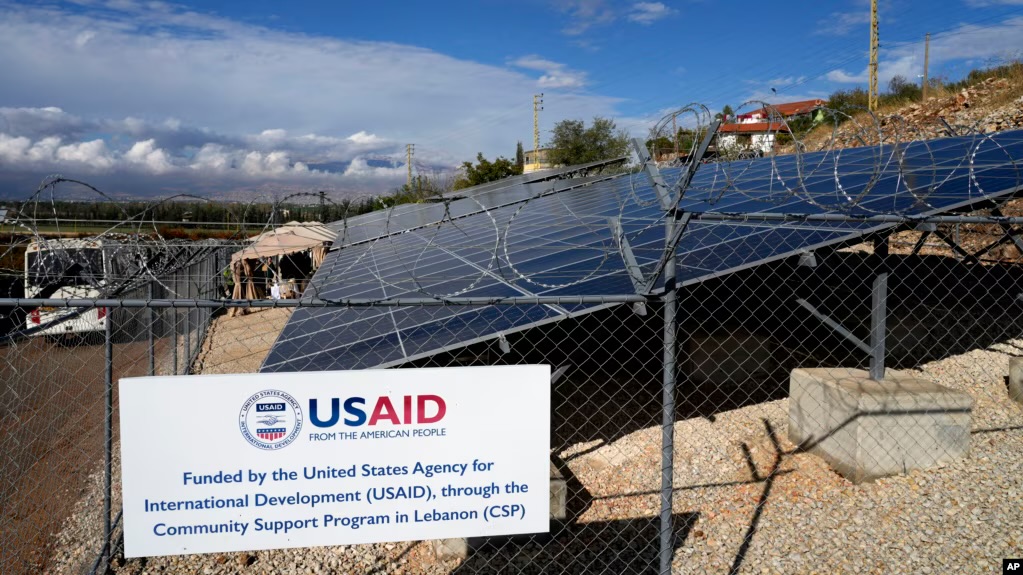Major Funding Freeze Announced
The Trump administration has placed a three-month freeze on nearly all foreign development assistance. The decision is part of a review to align aid with the “America First” policy. Aid organizations and human rights groups warn this will put millions of lives at risk worldwide.
The U.S. is the world’s largest provider of humanitarian assistance. It leads global efforts in HIV prevention and food security. In 2023, the U.S. allocated nearly $70 billion for development aid, mostly through USAID. However, under Trump’s executive order, new obligations and disbursements are now on hold.
Exceptions to the Freeze
Secretary of State Marco Rubio announced limited exemptions for essential aid. These include life-saving medicines, food, shelter, and emergency assistance. However, funding for programs related to family planning, gender studies, and diversity initiatives will not be exempt.
Military financing for key allies, such as Israel and Egypt, remains untouched. Trump’s team argues the move ensures taxpayer money is spent wisely. Officials claim that reviewing foreign aid is a “moral imperative” to stop wasteful spending.
Global Backlash and Concerns
The freeze has triggered concerns from international organizations and U.S. lawmakers. The United Nations urged additional exemptions for vulnerable communities. Officials fear the suspension will affect vaccine programs, clean water projects, and economic development in struggling nations.
In Johannesburg, South Africa, workers at U.S.-funded HIV clinics woke up to stop-work orders. Many expressed frustration, saying their patients depend on uninterrupted care. The fear is that thousands could be left without essential treatment.
Impact on Ukraine and Other Allies
One of the largest U.S.-funded programs in 2023 provided $14 billion in assistance to Ukraine. The pause on foreign aid raises questions about continued support. With Ukraine still at war with Russia, officials in Kyiv fear economic instability without U.S. funding.
Other allies, such as Latin American and African nations, also face uncertainty. Many rely on U.S. support for food security, education, and public health initiatives. Experts warn the freeze could damage America’s global influence and credibility.
Political Divide in Washington
The aid freeze has deepened political divisions in the U.S. Republican leaders argue it will bring more accountability and transparency. They support Trump’s stance on reducing unnecessary foreign expenditures. However, Democratic lawmakers warn that pausing aid programs could backfire.
Critics say the move weakens America’s role in global affairs. They argue that foreign aid is essential for national security and economic stability. Trump’s decision to pull the U.S. out of the World Health Organization (WHO) has further fueled concerns about global health efforts.
Humanitarian Groups Sound the Alarm
Human rights organizations believe the aid freeze will worsen poverty and conflict. They urge the administration to continue funding critical programs while conducting the review.
A health worker in South Africa said the freeze violates the principle of “do no harm.” She expressed guilt over being unable to help patients who rely on U.S.-funded HIV treatment. Many fear the pause could result in preventable deaths and suffering.
Future of U.S. Foreign Assistance
As the review progresses, uncertainty remains over which programs will be restored. Trump insists the United States will no longer provide aid without clear benefits for American interests. His administration is expected to introduce stricter guidelines for future funding.
The coming months will determine the long-term impact of the freeze. Allies, aid groups, and lawmakers will push for exemptions to protect essential services. However, with Trump prioritizing domestic policies, foreign assistance may face further cuts.
The world now watches as the United States of America redefines its role in global development. The outcome of this decision could reshape international relations and humanitarian efforts for years to come.

